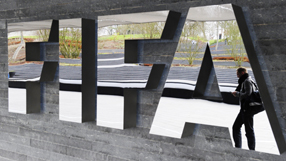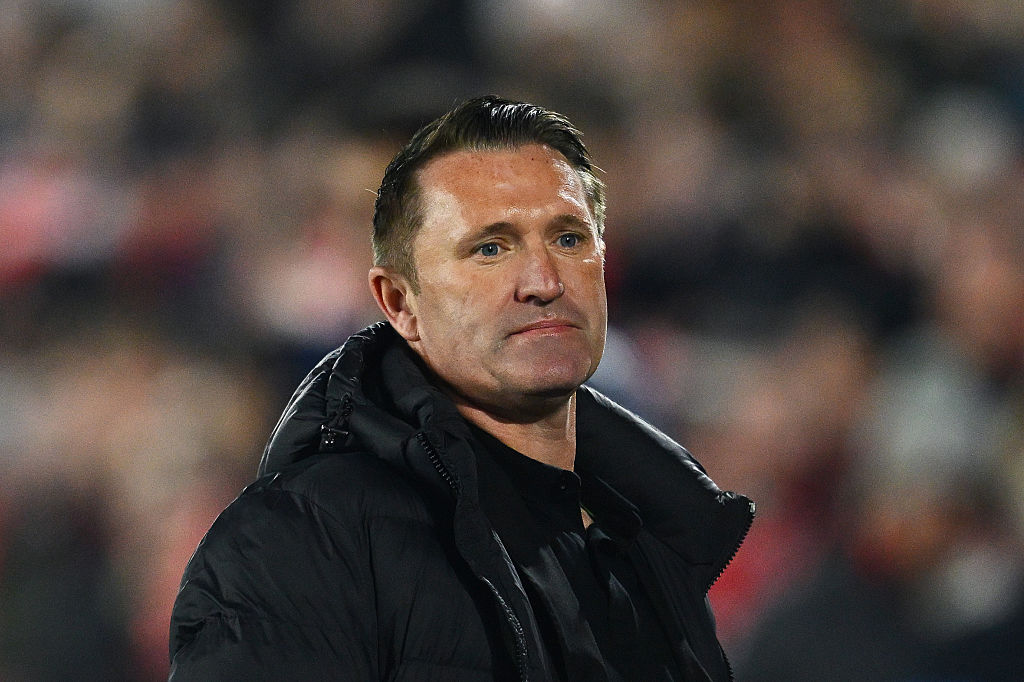
The best features, fun and footballing quizzes, straight to your inbox every week.
You are now subscribed
Your newsletter sign-up was successful
Want to add more newsletters?

Five times a week
FourFourTwo Daily
Fantastic football content straight to your inbox! From the latest transfer news, quizzes, videos, features and interviews with the biggest names in the game, plus lots more.

Once a week
...And it’s LIVE!
Sign up to our FREE live football newsletter, tracking all of the biggest games available to watch on the device of your choice. Never miss a kick-off!
Join the club
Get full access to premium articles, exclusive features and a growing list of member rewards.
FIFA's head of security Chris Eaton, speaking at the Professional Players Federation conference, said many players became involved in match-fixing at a young age under pressure from criminals or even from their own families or team mates.
He said it was now FIFA's responsibility to provide them with the support networks they needed in order to admit what was going on.
"It's so important that players have a way that they can report this," he added. "Recognise, resist and report - it's the three Rs.
"We're going to have a rewards programme for one month from January, followed by a hotline and amnesty programme probably for three months, all managed independently.
"This will then be followed by an assessment programme, followed by some sort of amnesty for the players who have been unfairly compromised, and there'll be rehabilitation for those players.
"FIFA will engage upon that next year, finished by the middle of the year and then we will follow the Sepp Blatter doctrine, which is absolute zero tolerance."
Only those judged to have been "unfairly compromised" would escape sanction, while there would be no immunity from criminal prosecution, Eaton said.
The best features, fun and footballing quizzes, straight to your inbox every week.
He added that Interpol would train, teach and instruct all players, administrators and officials how to recognise criminals and a criminal approach, how to resist them and where to report it.
Asked if FIFA could be trusted to clean up the game given the recent corruption scandals that have blighted football, Eaton replied: "Judge it by outcome, not by my words."
Blatter is expected to announce a range of reforms on Friday, following promises he made at the FIFA Congress when he was re-elected as president in June.
 Join The Club
Join The Club










